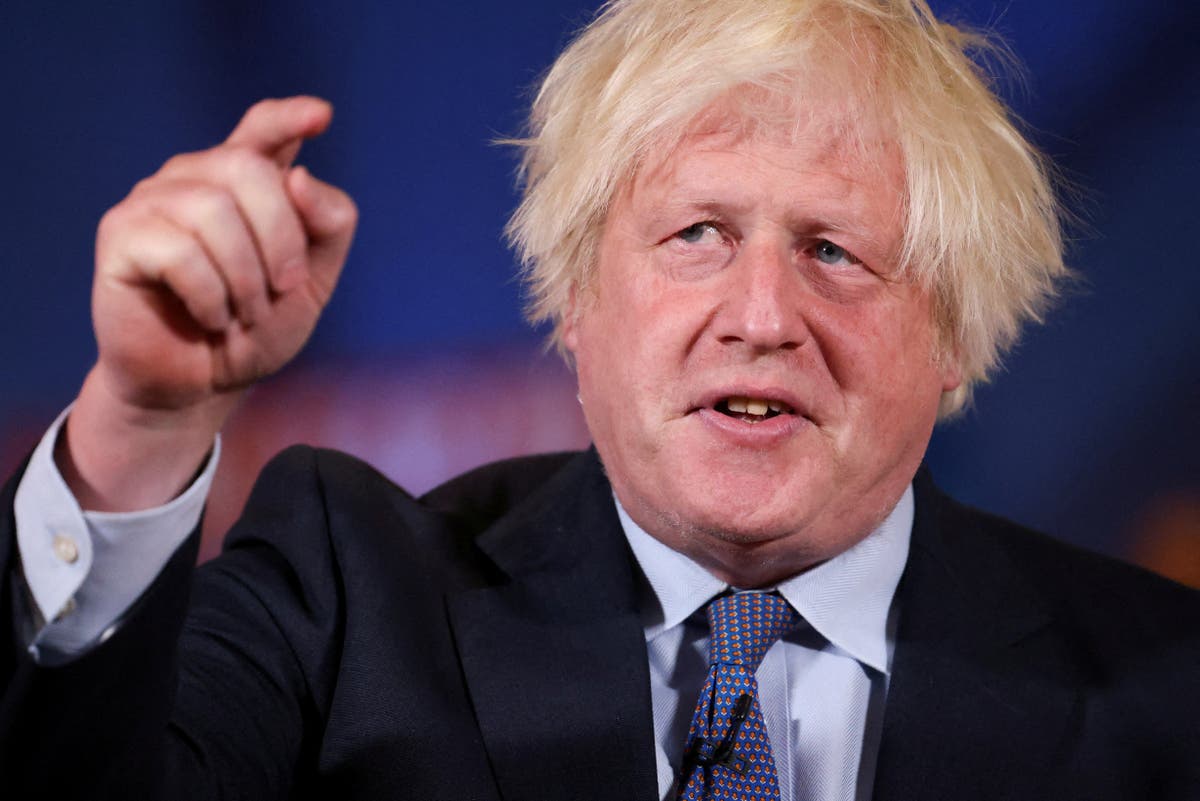Minister Says Accepting Freebies Is Different in Government
In a recent statement that has sparked considerable debate, a government minister has asserted that accepting freebies in the context of public service is fundamentally different from similar actions in the private sector. This declaration raises important questions about ethics, transparency, and the expectations placed on public officials. As the lines between personal and professional conduct blur, understanding the nuances of this issue becomes increasingly vital.
The Context of Freebies in Government
The minister’s comments come amid growing scrutiny over the acceptance of gifts and hospitality by public officials. In an era where accountability and transparency are paramount, the public’s trust in government institutions is often tested by revelations of potential conflicts of interest. The minister emphasized that while private individuals may accept gifts without the same level of scrutiny, public officials operate under a different set of expectations due to their roles and responsibilities.
Defining Freebies: Gifts vs. Bribes
At the heart of the minister’s argument is the distinction between gifts and bribes. Gifts, when accepted in good faith and within the bounds of established guidelines, can be seen as tokens of goodwill or appreciation. However, the minister cautioned that the acceptance of gifts must always be approached with caution to avoid any appearance of impropriety. The key lies in transparency and the intent behind the gift. If a gift is perceived as an attempt to influence a decision or gain favor, it crosses the line into unethical territory.
The Ethical Framework for Public Officials
To navigate the complex landscape of accepting gifts, many governments have established ethical frameworks and guidelines. These frameworks often dictate the types of gifts that can be accepted, the value limits, and the requirement for disclosure. The minister highlighted the importance of adhering to these guidelines, stating that public officials must always prioritize the public interest over personal gain.
Transparency as a Cornerstone
Transparency is a cornerstone of ethical governance. The minister underscored that public officials should be open about any gifts received, ensuring that the public is aware of potential influences on their decision-making. This transparency not only fosters trust but also serves as a deterrent against unethical behavior. By making gift disclosures accessible to the public, officials can demonstrate their commitment to integrity and accountability.
Public Perception and Trust
Public perception plays a crucial role in the discourse surrounding freebies in government. The minister acknowledged that even the appearance of impropriety can erode public trust. In a climate where citizens are increasingly skeptical of their leaders, it is essential for public officials to be vigilant about their actions and the potential implications. The minister’s comments serve as a reminder that maintaining public trust requires more than just adherence to rules; it necessitates a commitment to ethical behavior and transparency.
The Role of Media and Public Discourse
The media plays a vital role in shaping public discourse around the acceptance of freebies in government. Investigative journalism often uncovers instances of unethical behavior, prompting public outcry and calls for accountability. The minister recognized the importance of a free press in holding public officials accountable, stating that scrutiny from the media can serve as a valuable check on power.
Moving Forward: A Call for Clearer Guidelines
In light of the ongoing debate, the minister called for clearer guidelines regarding the acceptance of gifts by public officials. While existing frameworks provide a foundation, the evolving nature of public service necessitates ongoing discussions about ethics and transparency. By engaging in dialogue with stakeholders, including civil society organizations and the public, the government can develop more robust policies that reflect contemporary values and expectations.
Conclusion: Upholding Integrity in Public Service
The minister’s assertion that accepting freebies is different in government highlights the complexities of ethical conduct in public service. As public officials navigate the delicate balance between personal and professional relationships, the principles of transparency, accountability, and integrity must remain at the forefront. By fostering a culture of ethical behavior and clear guidelines, governments can work to restore and maintain public trust, ensuring that the actions of public officials align with the values of the communities they serve.
In a world where the lines between personal and professional conduct are increasingly blurred, the commitment to ethical governance is more important than ever. As citizens, we must remain vigilant and engaged, holding our leaders accountable to the highest standards of integrity.
